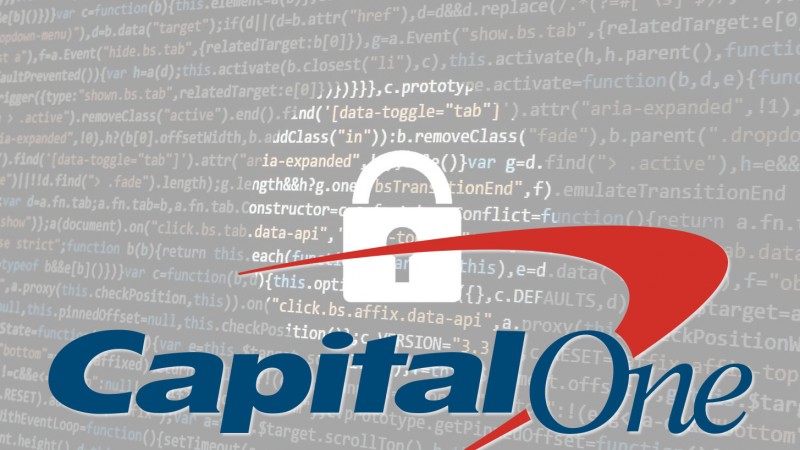What You Should Know About the Capital One Data Breach
- Details
- Written by Drew Guthrie
- Category: Articles

In late July, Capital One announced that a data breach exposed the personal information of approximately 100 million individuals in the U.S. and approximately 6 million in Canada. A suspect has been identified and arrested. Capital One does not believe that the information stolen has been used in fraud or was widely disseminated although they will continue to investigate.
Capital One will notify affected customers by mail. Free credit monitoring and identity protection will be available to everyone affected.
According to the company, most of the stolen information came from the credit card applications of consumers and small businesses filed between 2005 and early 2019. That information includes names, addresses, zip/postal codes, phone numbers, email addresses, dates of birth, and self-reported income. Also stolen were about 140,000 Social Security numbers and about 80,000 linked bank account numbers associated with secured credit cards.
The company indicated that no credit card numbers or log-in credentials were compromised.
Capital One will notify affected customers by mail. Free credit monitoring and identity protection will be available to everyone affected.
Capital One is posting information on the breach, including these FAQs.
Take These Steps
If you haven't already taken precautions to protect your data as a result of previous breaches, you may want to take these steps.
Set up fraud alerts at the three major credit reporting agencies, Equifax, Experian, and TransUnion. That way you will be notified if someone tries to apply for credit in your name. The FTC provides more information about placing a fraud alert.
Check your credit report. You can get at least one free credit report a year from each of the major credit reporting agencies at annualcreditreport.com. Reviewing your reports can help you spot any suspicious activity. For more information check out Free Credit Reports from the FTC.
Consider a credit freeze. A credit freeze restricts access to your credit report which makes it harder for someone to open new accounts in your name. Credit Freeze FAQs from the FTC has more information.
Consider credit monitoring. While credit monitoring doesn't protect you from having your personal information stolen, these services can help you detect identity theft and help you deal with the effects. Capital One is providing free credit monitoring to those impacted, so you might want to accept it. This article from the FTC provides more information.









